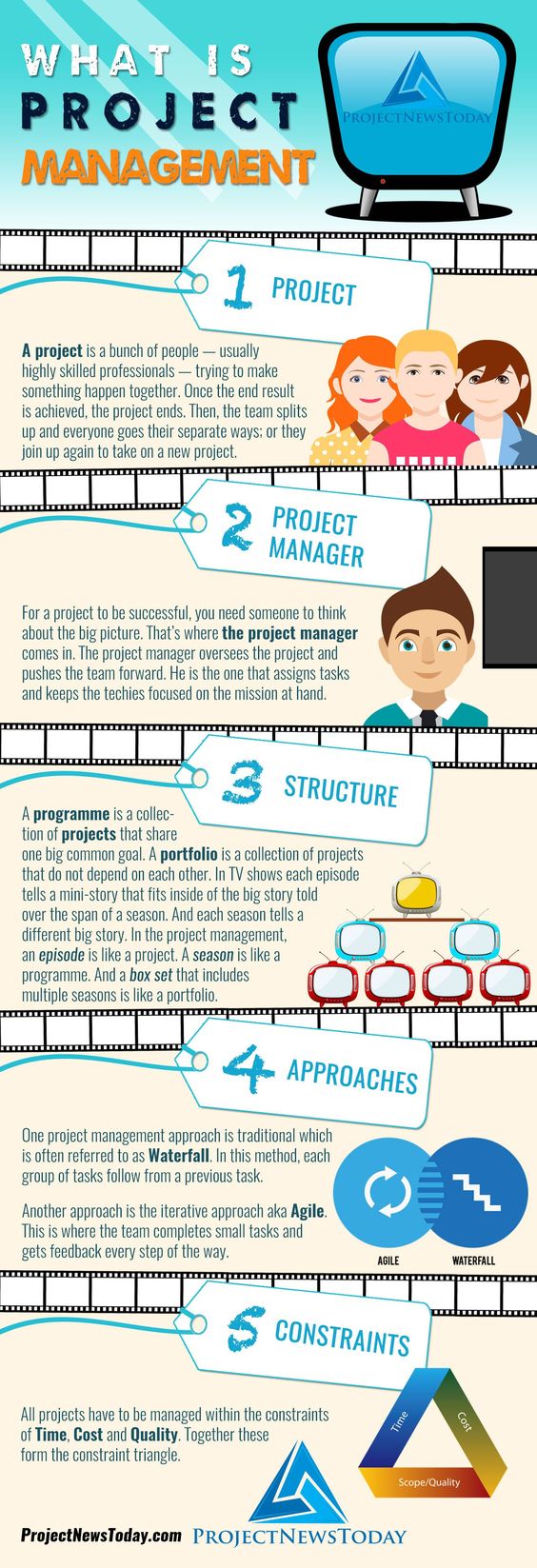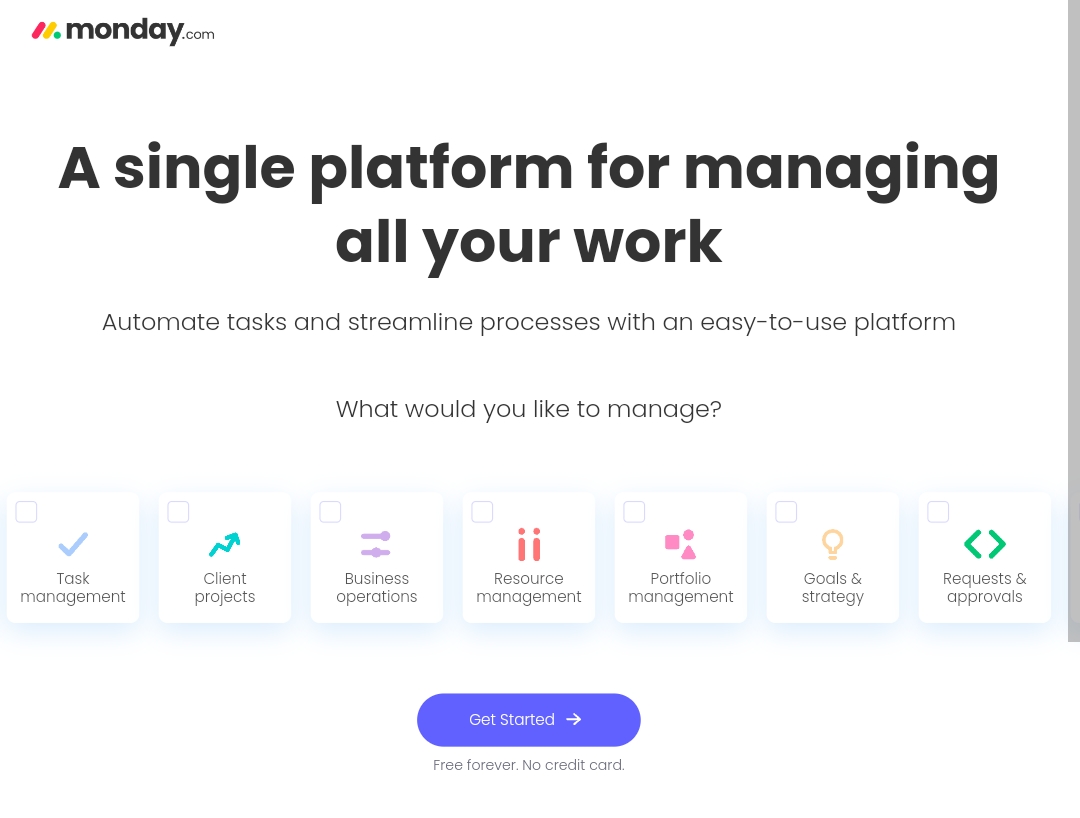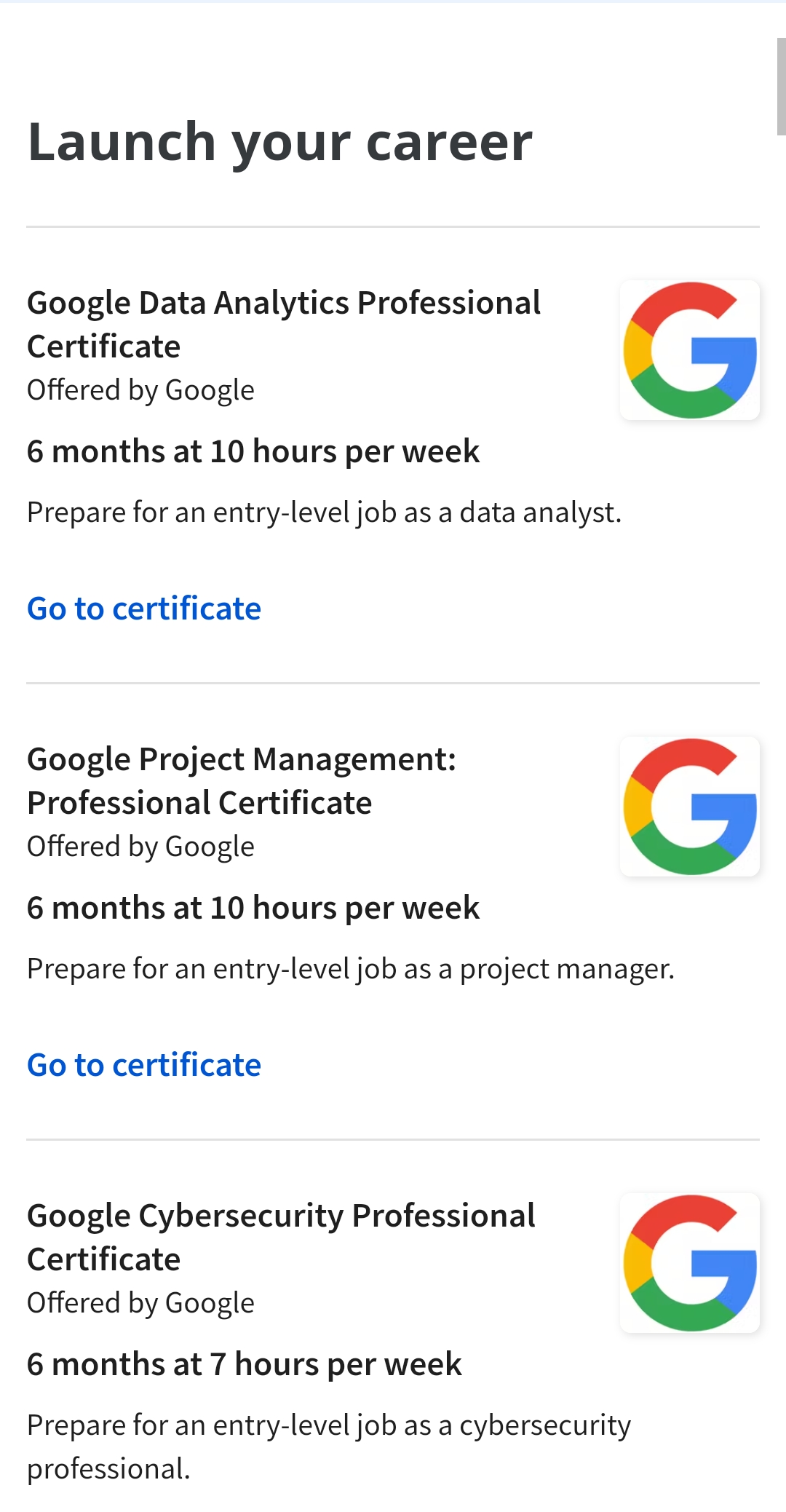Download Free eBook and Case Studies about Successful Project Management
The goal of this book is to provide a step-by-step guideline for managing projects in general, and managing distance education projects in particular. It is directed at two audiences, namely, practitioners who find themselves having to run numerous projects, both big and small, on a day-to-day basis, and open and distance learning practitioners who are team members of projects within their institutions.
The writers are also hopeful that the book will be useful to aspiring professionals whose wish is to undertake specific projects. The principles and theories about project management they come across will go a long way in cultivating a culture of quality project management in their respective circumstances.
Table of Contents:
- Chapter 1: The Evolution of Project Management
- Chapter 2: What is a Project
- Chapter 3: Interaction for Successful Project Management
- Chapter 4: How to Plan the Project
- Chapter 5: Structuring and Scheduling the Project
- Chapter 6: The Project Team
- Chapter 7: Project Baseline and Aspects of Management
- Chapter 8: Project Control and Evaluation
- Chapter 9: Managing Project team meetings
- Chapter 10: Case Studies
Wikipedia defines Project Management is the process of leading the work of a team to achieve all project goals within the given constraints. This information is usually described in project documentation and created at the beginning of the development process. The primary constraints are scope, time, and budget.
The objective of project management is to produce a complete project which complies with the client’s objectives. In many cases, the objective of project management is also to shape or reform the client’s brief to feasibly address the client’s objectives.
Once the client’s objectives are clearly established, they should influence all decisions made by other people involved in the project – for example, project managers, designers, contractors, and subcontractors. Ill-defined or too tightly prescribed project management objectives are detrimental to decision-making.
A project is a temporary and unique endeavor designed to produce a product, service, or result with a defined beginning and end (usually time-constrained, and often constrained by funding or staffing) undertaken to meet unique goals and objectives, typically to bring about beneficial change or added value.
The temporary nature of projects stands in contrast with business as usual (or operations), which are repetitive, permanent, or semi-permanent functional activities to produce products or services. In practice, the management of such distinct production approaches requires the development of distinct technical skills and management strategies.






